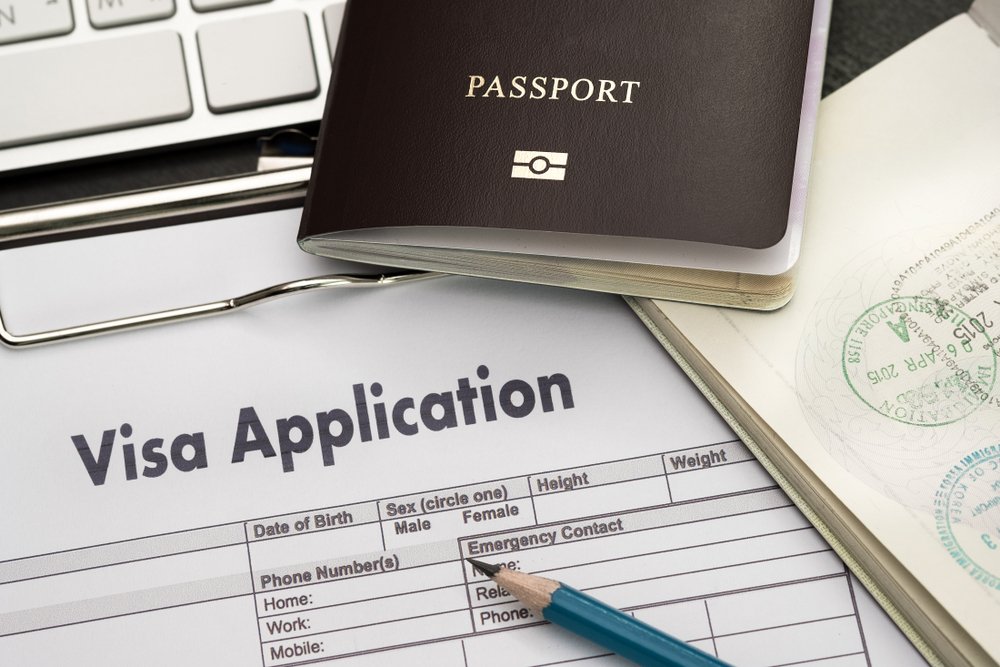- Vietnam recently introduced a draft decree that will affect foreign and local companies concerned with ecommerce platforms.
- The government hopes to enhance its capacity to impose tax duties on ecommerce service providers
- Vietnam Briefing offers an insight on the new draft and the way this could have an effect on foreign investors concerned with ecommerce activities in Vietnam.
Vietnam’s government added a draft decree amending Decree No. 52/2013/ND-CP (Decree 52) regulating ecommerce platforms and activities. This will cover locals in addition to foreign companies that control ecommerce activities in Vietnam.
Ecommerce Decree Guidelines
As per the draft decree, an ecommerce service is specified as any activity in which the trader, individual or corporation provides ecommerce services that allows traders, corporations, and individuals to execute trade, sales of products or the supply of service activities.
The definition is extra particular and does not apply to organizations which are only concerned in website and application design.
A website is an ecommerce service if it provides the following services:
- It permits members to open sales booths for showing and/or promoting items and services.
- Members can open accounts that offer interactions/transactions with customers.
- Has services associated with the shipping of products and services to customers.
Social media sites fall under policies
Social media sites are ecommerce sites if they require either direct or non-direct payments from members; an example of this would be the Facebook Marketplace.
While foreign companies must comply by Vietnamese legal guidelines, Vietnamese ecommerce services must confirm the identities of foreign businesses selling items on their ecommerce structures. They must do the following as well:
- Comply by the import/export legal guidelines for the organizations that don’t have any presence in Vietnam.
- Decide commercials marketers in Vietnam
- Organize the implementation of import activities concerning items traded by foreign organizations.
The draft isn’t clear on whether those are obligatory necessities. Additionally, the consequences for when foreign traders fail to meet the aforementioned regulations is unclear as well.
The preceding withholding tax gadget ought to only keep local corporations responsible for such duties and the new law objectives to rectify such billion-dollar-shortfall of tax collection.
Effect on foreign ecommerce companies
Foreign corporations, which include those concerned with cross-border ecommerce and B2C ecommerce organizations, have to observe local legal guidelines. In line with the draft decree, foreign ecommerce companies are also:
- Websites using Vietnam domain names (for instance, “.vn” or “.com.vn”).
- Websites which are in the Vietnamese language.
- Platforms which have more than 100,000 transactions originating from Vietnam in a year.
If a foreign corporation is deemed to be engaged in ecommerce activity, it could be required to arrange a legal consultant workplace in Vietnam.
Under the closing bullet point, the Ministry of Industry and Trade (MoIT), in collaboration with the Ministry of Information and Communications, and Ministry of Finance and others, will adjust the threshold for the variety of transactions or purchases.
Any imported or exported items are subject to customs procedures and ecommerce suppliers are required to cooperate with the appropriate government ministry to prevent the illegal transaction of products and services. Ecommerce suppliers must record a document on their business operations and present it to the MoIT by January 15 of each year.
Further regulation for foreign ecommerce companies
The draft decree comes under the ambit of the new Law on Investment (LOI), which was put into effect in January 2021. Foreign investors must carry out funding in ecommerce activities in compliance with the LOI.
Yet, the generation of this listing is doubtful, as exceptions may be given to traders contributing to small and medium-sized startups. However, once finalized it can have enormous implications for Vietnamese e-trade groups that improve price range from overseas traders.
The draft does not specify that the proposed regulations are retroactive; therefore, the new regulations should not affect already-approved foreign investments.
Foreign logistics companies in Vietnam
The draft also provides companies supplying logistics services and other supportive services that will come under the ambit of the decree. Logistic companies will share liability to offer documentation regarding the origin of goods during delivery.
Guaranteed payment system
The draft also mandates a guaranteed payment system in which ecommerce websites are required to permit customers to make payments using this system. Therefore, an intermediary account must house the payments for a certain amount of time. This way, ecommerce companies can settle any claims between customers and sellers.
The draft doesn’t specify the amount of time before the payment launches to the ecommerce provider; however, this proposal may hurt small ecommerce businesses that depend heavily on immediate revenue and cash flow.
Conclusion
E-commerce activities in Vietnam are on a high growth trajectory thanks to the pandemic and moving client patterns. The proposal is part of the authorities’ plan to aid this growth while regulating ecommerce activities in Vietnam.
While the draft decree gives more safety for Vietnamese consumers, it tightens conditions for foreign companies engaged in ecommerce activity. However, the government has not finalized the decree. We will continue to monitor and update on any new developments related to policies on ecommerce activities.
If you are a foreign ecommerce company looking to enter the Vietnam market, you can read further on the current Vietnamese market situation and key market entry options here.














